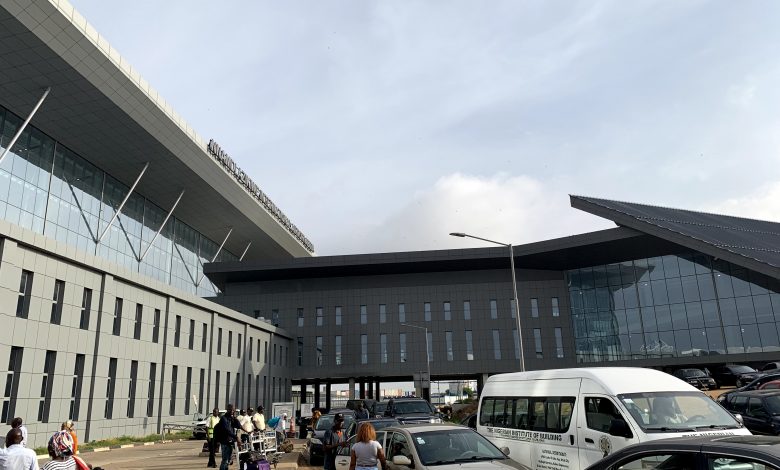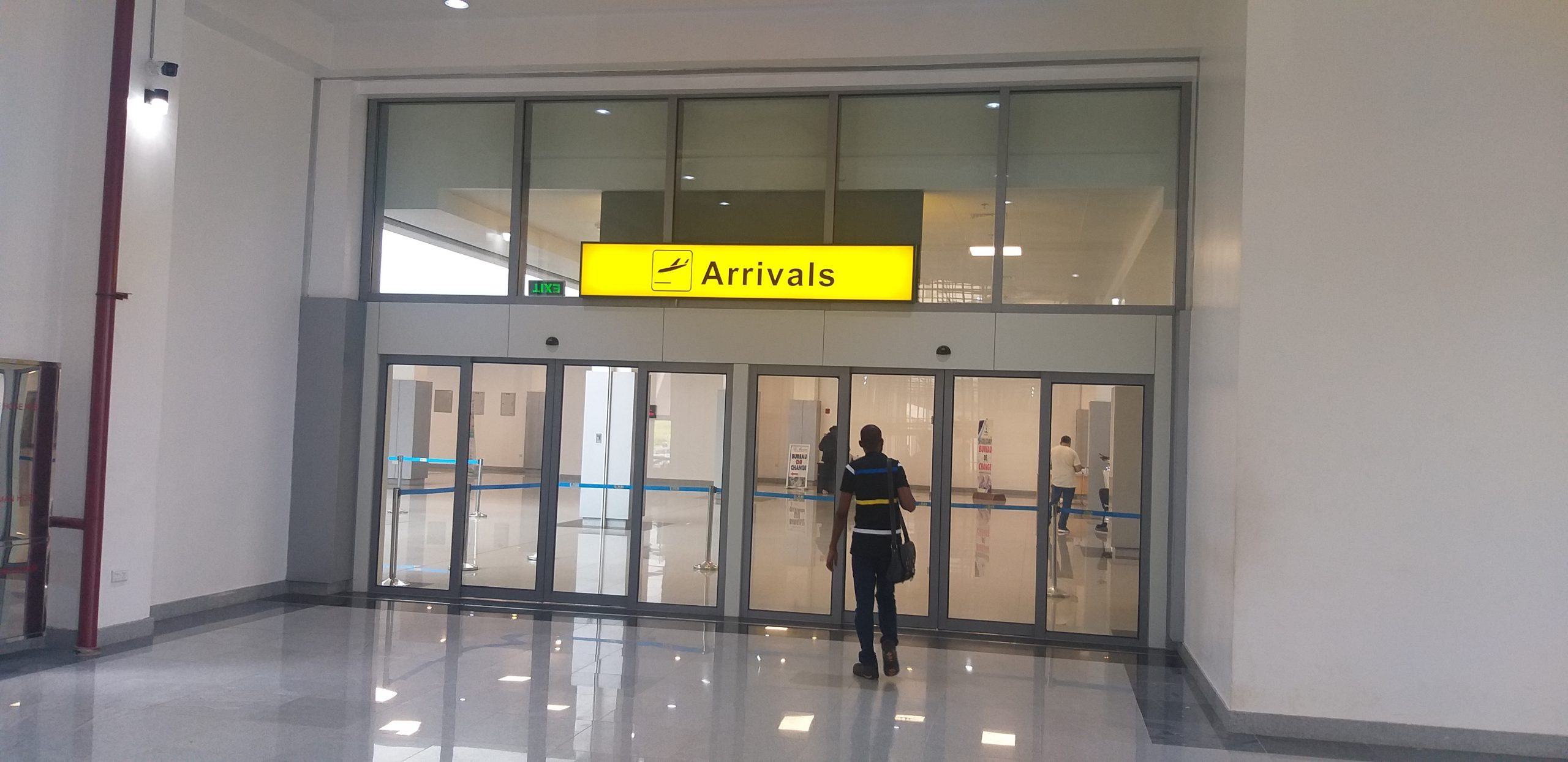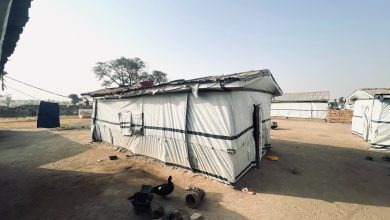‘I am Going Back to My Village,’ Abuja Taximan Laments Loss of Livelihood to COVID-19
The coronavirus pandemic has turned everything on its head.

Sanni Kamarudeen, an airport taximan in Abuja, is now a frustrated man. Trouble came upon him in a whirlwind. Without notice, he lost his source of livelihood. Following the closure of flight operations to the airport, Kamarudeen saw his business lifeline evaporate irredeemably.
As one of the prime international airports in Nigeria, Abuja was a business beehive and a business cash cow for low-key transporters like Kamarudeen. But for the same reason of its prime status, the airport was one of the first targets of government for closure as a way to contain the ravaging global pandemic of coronavirus.
Not only is he reeling in pain, but he has also resigned himself to a fate he never contemplated. It is the fate of watching helplessly as his family battles the pangs of daily hunger. But rather than face that humiliation, Kamarudeen will prefer to evacuate his family to his village in Okene, in neighbouring Kogi state.
The middle-aged driver told HumAngle that retiring to his village in Okene, Kogi State, is his only chance at survival. Not only does his family find it difficult to feed, but Kamarudeen’s landlord might also throw him, his wife and three children out for unpaid rent.
On a normal day, the Nnamdi Azikiwe International Airport in Abuja bustles with business, and service providers like Kamarudeen reap handsomely and regularly from that opportunity. But there is nothing normal about this period, neither for the airport nor for individual-level service providers.
The usual traffic congestion at the entrance has disappeared and so have the customers who used to patronise Kamarudeen and his friends in the airport taxi operation business.
The coronavirus pandemic has turned everything on its head. Life and aspirations that come with it are wholly on quarantine, showing no respect even to the most sacred of human routines. Places of worship, schools, market places, and offices are grounded to a halt. “In fact, it is a serious something,” lamented Kamarudeen who could not hide his frustrations as he spoke to HumAngle.
“The entire airport is dry and in a stand-still. Nothing is moving. No movement. No business.” For him, trouble started on Monday, March 23, when the Abuja airport, as well as the Murtala Muhammed International Airport in Lagos, was shut against all international flights.

Also, local flights are being restricted. Already, Aero Contractors and Air Peace have suspended services for two weeks starting from March 26 and 27 respectively.
Before the pandemic, asides his daily shift at the airport, Kamarudeen used to receive various calls from clients who needed to be conveyed to different destinations. No one calls him now. There seems to be no longer any destination of priority for everyone. “In fact, since morning now, to get even one naira is not easy for me. Since morning!” he lamented. “It is affecting me seriously.”
With no income to his name, Kamarudeen has been unable to fulfil his contractual obligation with the owner of the Sedan he drives. He is obligated to paying N25,000 weekly. There is a chance his impending default will result in losing the car altogether.
“It is better I go back to my village where I won’t be disturbed. Anything I see, I will manage with my family,” he reasoned. He contemplates going into farming as the only next option.
He is not the only one considering relocating to the village. Many of his colleagues are in the same boat. Several of his colleagues with families to cater for, rents to pay, and fees to pay are facing similar decision time. Some of them whose taxi cars are of hire purchase requiring a predetermined timeline of full repayment are in a seemingly greater nightmare.
With increased urban-rural migration, Nigeria may be facing possible outbreaks of COVID-19 in more remote regions, which will be tougher to check as a result of non-existent healthcare.
From constantly monitoring the news on the radio, Kamarudeen learnt that countries such as Canada and the United States are providing relief to citizens who have been adversely affected by the pandemic. He is disappointed no such measures are being taken in Nigeria.
“The government is not helping matters,” he noted. “It will be nice if they can assist ― even if it’s for one week ― so everybody can stay indoors and observe the situation.”
Support Our Journalism
There are millions of ordinary people affected by conflict in Africa whose stories are missing in the mainstream media. HumAngle is determined to tell those challenging and under-reported stories, hoping that the people impacted by these conflicts will find the safety and security they deserve.
To ensure that we continue to provide public service coverage, we have a small favour to ask you. We want you to be part of our journalistic endeavour by contributing a token to us.
Your donation will further promote a robust, free, and independent media.
Donate HereStay Closer To The Stories That Matter




